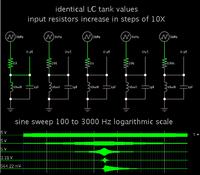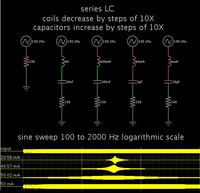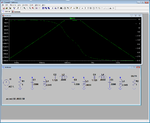yassin.kraouch
Advanced Member level 2

Hi all, can you please share me some courses on the design of LC filter ? if you have some courses or paper ?
i need this information soon
i need this information soon







